“What decisions are made before photographs of refugees and war victims appear in our newspapers, or as video and stills on our computers, mobiles and television screens? Should journalists be more critical when publishing and interpreting such pictures?” These were among the questions we explore in our latest report Refugee Images – Ethics in the Picture.
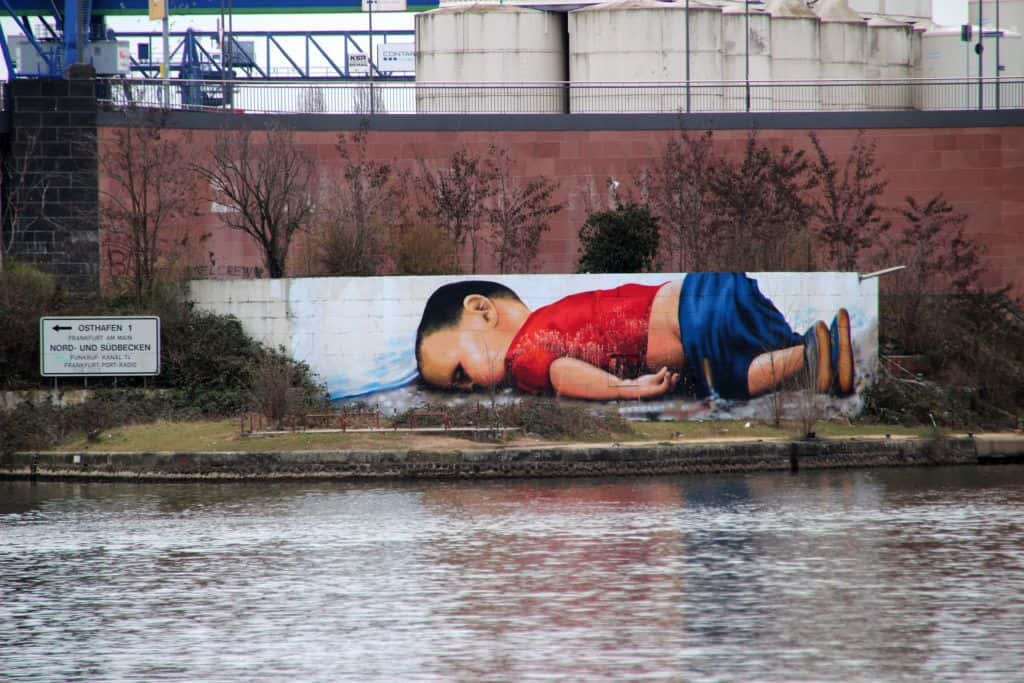
Murial of Syrian toddler Aylan Kurdi By Justus Becker and Oguz Sen in Frankfurt. Photograph: Frank c. Müller. Licensed under cc By 4.0
The report is co-authored by Maud van de Reijt a Dutch investigative journalist and historian and Misja Pekel a documentary filmmaker at the Dutch public broadcaster Human. Maud and Misja both work on Medialogica, a TV series about public opinion and the influence of media. Earlier this year they produced Sea of Pictures a documentary examining the editorial process around publishing the tragic images of Aylan Kurdi. This and other pictures used in telling the refugee and migration story have triggered debates in editorial offices across the world, but what, the report asks, have been the dilemmas faced by photo-editors and other journalists, and what lessons have we learned?
The report, published to coincide with International Migrants Day on 18 December, is one of the chapters of the EJN’s upcoming report Ethics in the News which will be published on January 6, 2017.
You can also read a summary of the report in Italian here: L’etica della fotografia nella copertura mediatica della migrazione (Carta di Roma)
After a year of unprecedented news-making Ethics in the News encourages us to stop and ask – what is the future of ethical journalism in an age when it appears that the public around the world is falling out with facts, humanity and accountable truth-telling?
If you are interested in an advanced version of the full report please contact me at [email protected], via the contact page or on Twitter.
South Sudan’s War and a Stolen Generation
To mark International Migrants Day South Sudanese photojournalist Jok Solomun Anyang has kindly shared a photo essay with the EJN.
South Sudan gained independence from Sudan on 9th July 2011 as a Complementary to the comprehensive peace agreement (CPA) signed in 2005. The agreement ended Africa’s longest-running civil war which lasted for over two decades.
However, in December 2013 rivalry between President Salva Kiir and his Vice President Riek Machar spilled over into conflict. Thousands of South Sudanese sought shelter in United Nations camps, while hundreds of thousands have sought refuge in the neighbouring countries of Uganda, Kenya, Ethiopia and Sudan. Most of them are children, women and vulnerable groups.
“The future for a generation of children in South Sudan being stolen by the years of long conflict in the country which has driven hundreds of thousands of children from their homes”, Jok told me via email.
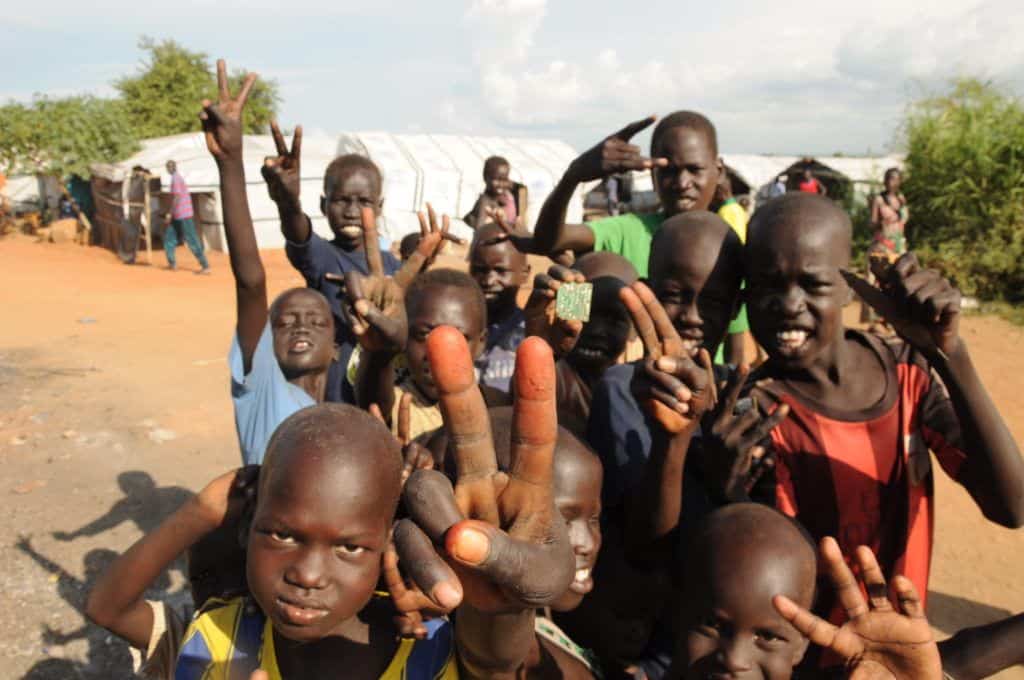
Children seeking refuge at UN protection of civilian site in Juba. (Photo: Jok Solomun)
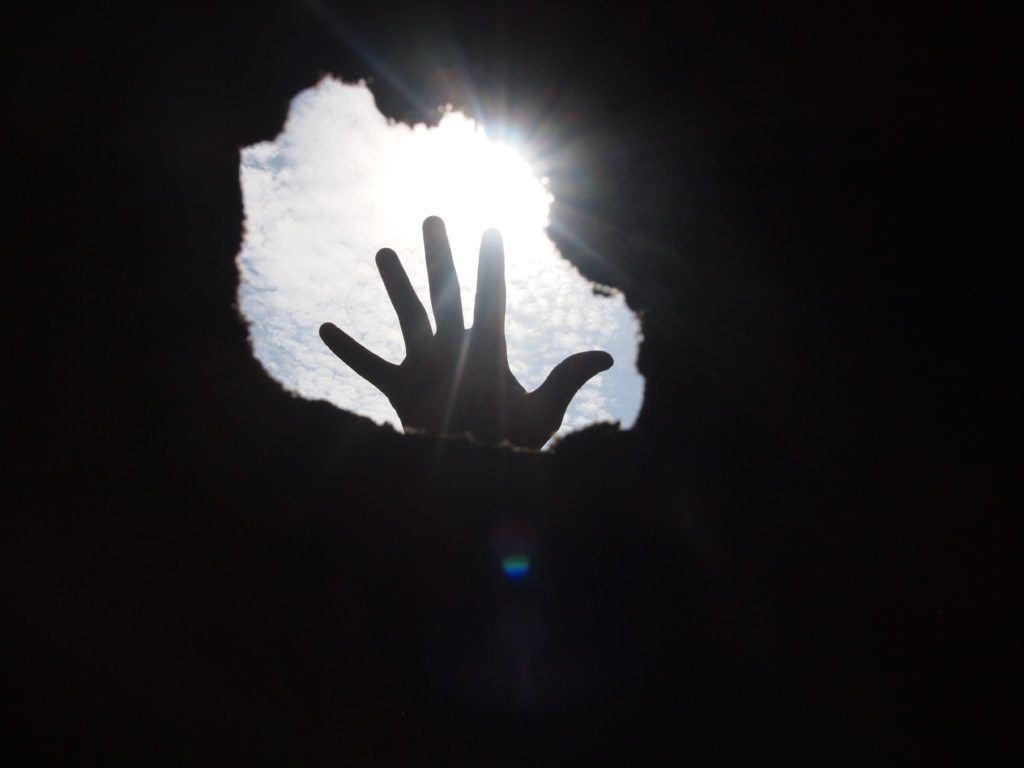
Jok describes this photos as “Light is coming out from the tunnel, a sign of peace out of darkness” (Photo: Jok Solomun)
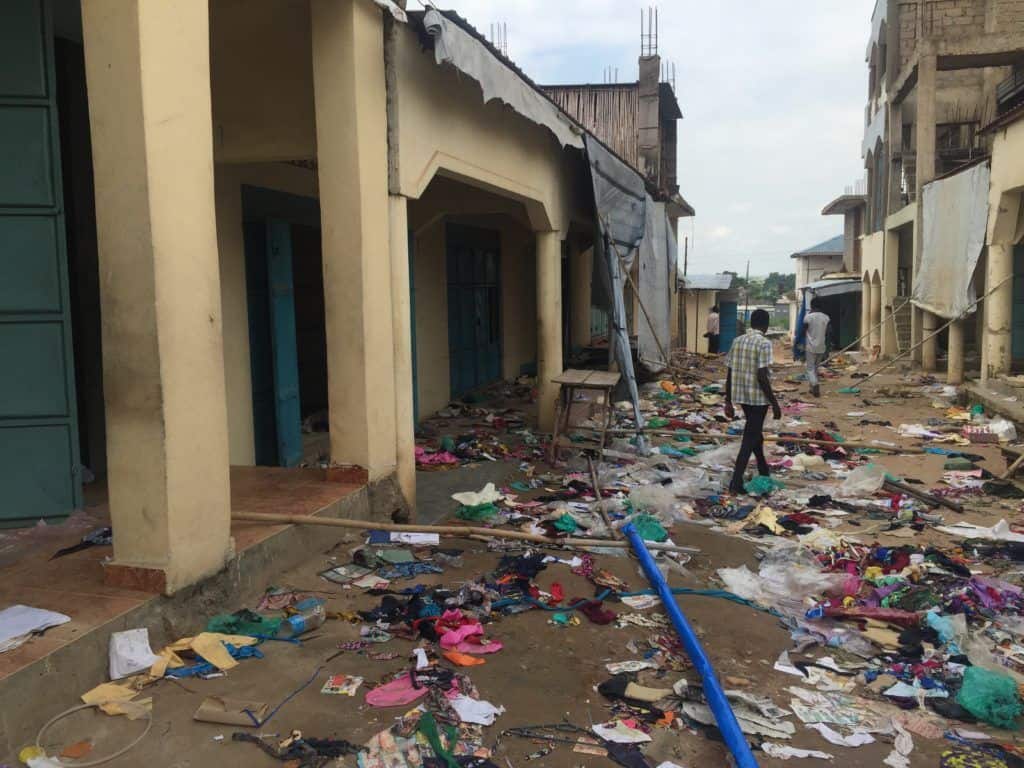
Jebel market one of the biggest in Juba was looted during the crisis of July 2016 (Photo: Jok Solomun)
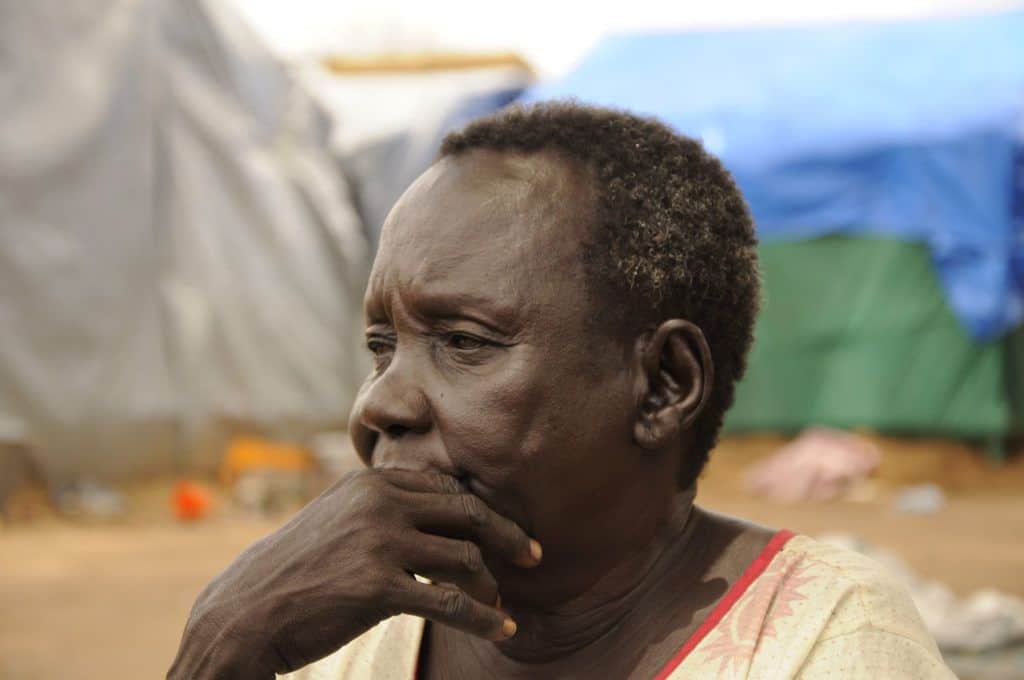
A woman inside an IDP (Internally Displaced Persons) camp in Juba, 13 Oct 2013. (Photo: Jok Solomun)
You can contact Jok at [email protected] and follow him on twitter @JokSolomon.
Main photo: Nicolas Economou | Shutterstock.com